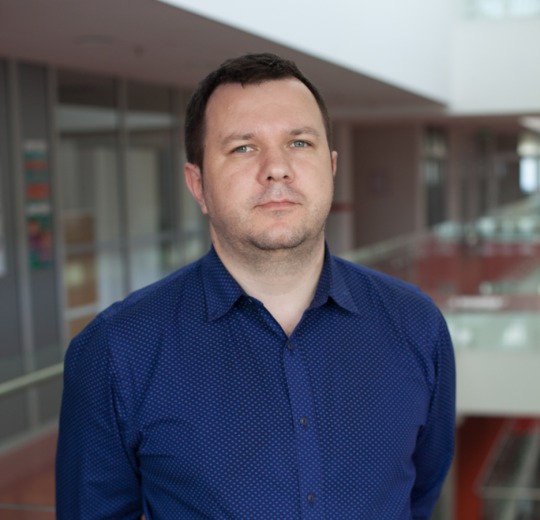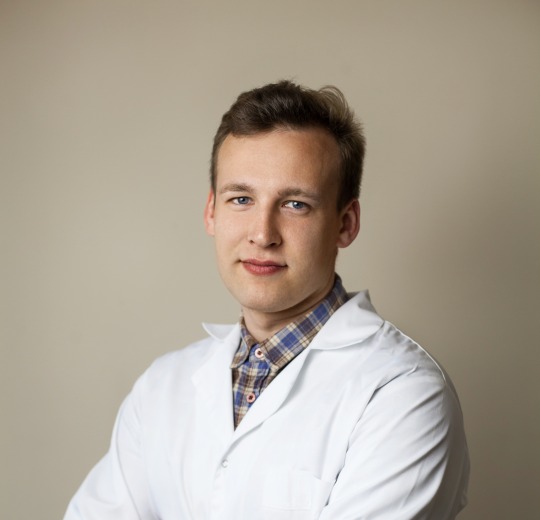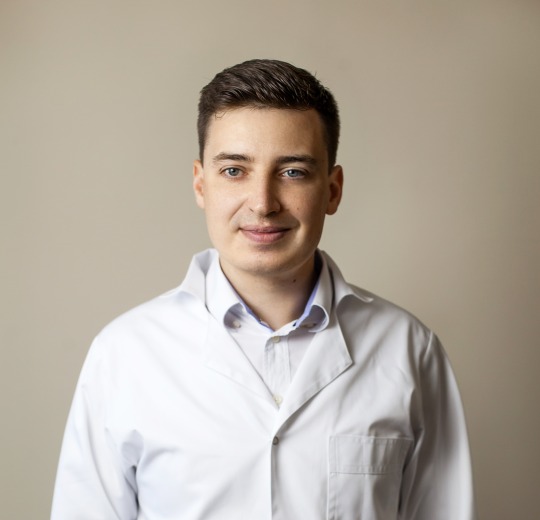DEPARTMENT OF PRECLINICAL RESEARCH
- Home
- Research
- Scientific Departments
- DEPARTMENT OF PRECLINICAL RESEARCH
Useful information
Services
- Supply of laboratory animals: BALB/c, DBA/2, CC57W, C57Bl/6J line inbred mice, Wistar clone rats and laboratory rabbits for the experiments;
- Production of monoclonal and polyclonal antibodies;
- Pre-clinical tests of chemical, biological preparations and medical devices;
- Pathology diagnostic services.
our contacts
Department of Preclinical Research


Justinas Baleišis
Veterinary doctor, junior researcher, PhD studentEglė Mickevičiūtė
Veterinary doctor, junior researcher
-78840ae271cc793157be2b6132e096b1.jpg)
